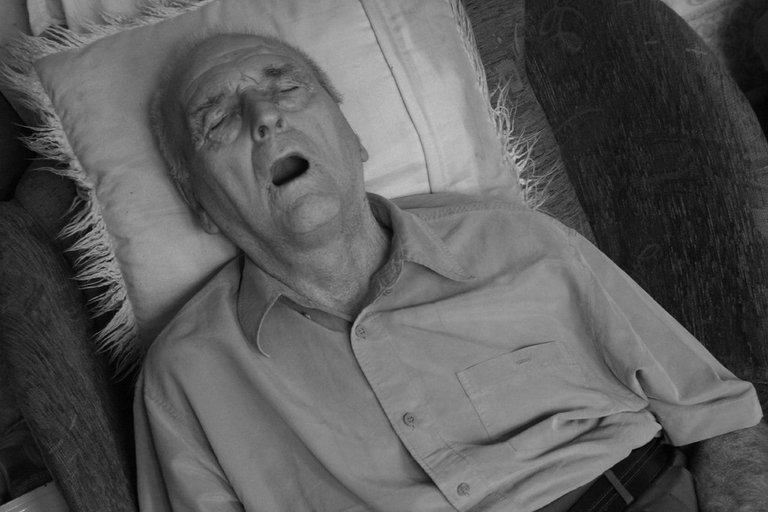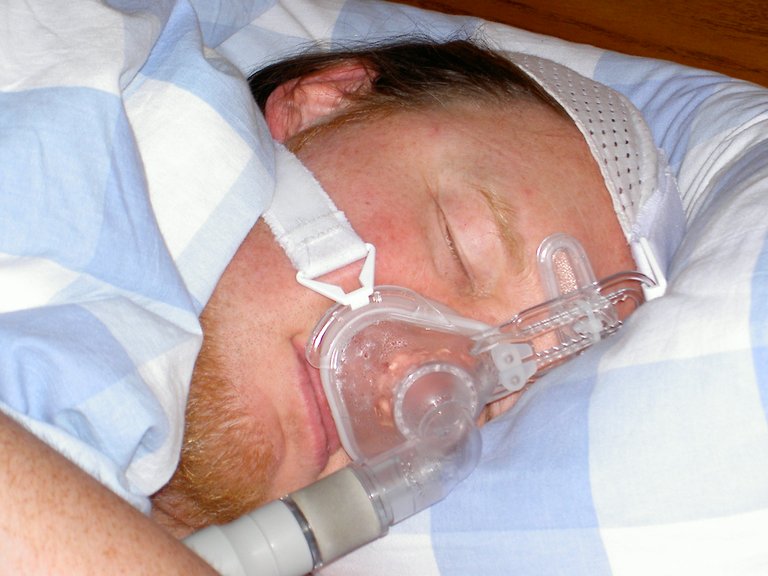In school, I had a room mate who would snore all night long, and his snoring could be heard from blocks away. While it sounded funny to us who were awake, the reality is that people who snore heavily are at a risk of suffering from Obstructive Sleep Apnea and this snoring can come with some health risks. In other to mitigate these health risks, a standard of care currently is the CPAP which works by using pressurized air to keep breathing consistent while sleeping. This machine is expensive to afford and to top it, clinical evidence on them are complicated to say the least instead of saying poor.
Obstructive Sleep Apnea is a condition on which the throat muscles relaxes too much while sleeping, blocking the airways which leads to breathing being stopped and started at different times and affects about 1 billion people worldwide. When this condition is untreated, it leads to cardiovascular issues, high blood pressure, and it has also been linked to diabetes.
Continuous Positive Airway Pressure (CPAP) is a machine that is used as the standard care to help keep the airway open while sleeping. But while this is a common machine to be used, it is not a popular option but sleep doctors see it as a gold standard even when the machine can be noisy, uncomfortable, and a long list of issues that surrounds it. The machine is expensive and for such an expensive treatment, it is important to be certain that it works, and this is why scientists have been looking into its work and its effectiveness.
In 2022, a review published by the U.S Department of health and Human Services investigated 52 publication to see if Continuous Positive Airway Pressure (CPAP) was effective in reducing the long term health effect in Obstructive Sleep Apnea patients, and they came with a result that showed that there were no strong evidence to support that the machine led to improvements in the long run from most of the outcomes they examined. The publication didn't say there were evidence against the machine, rather it said that there was not enough evidence to support the claims as the studies were either conflicting or contradicting.
The studies showed inconsistency in breathing measurements and what they referred to as Obstructive Sleep Apnea. They didn't follow up with their definition criteria throughout their study, and they did not discuss the benefits associated with CPAP differed based on the severity of the Obstructive Sleep Apnea of the patients. With this, they came to a conclusion that more research is needed.
For medical doctors, it looks like they are seeing it from a different perspective as it looks like the studies was conducted only on participants who had follow ups for physical outcome after at least 12 months, also the study didn't look at the effect of CPAP on other health issues like high blood pressure. Actually, this has been looked into in a meta analysis that has to do with CPAP on participant with shorter period and this was associated with reduced blood pressure.
When I also checked out different studies on Continuous Positive Airway Pressure (CPAP) and Obstructive Sleep Apnea there were so many contradictions from different studies. The effectiveness of CPAP machines in treating Obstructive Sleep Apnea remains a topic of debate. While CPAP is considered the gold standard by many sleep doctors, the evidence supporting its long-term benefits is inconclusive. Given the significant health risks associated with untreated OSA and the high cost of CPAP machines, it's crucial to conduct further research to clarify their efficacy. Patients and doctors should remain informed about the latest findings and consider all available treatment options for managing OSA effectively.
Reference
https://www.ncbi.nlm.nih.gov/pmc/articles/PMC11122323/
https://obgyn.onlinelibrary.wiley.com/doi/10.1111/ajo.13654
https://www.ahrq.gov/sites/default/files/wysiwyg
https://oig.hhs.gov/reports-and-publications
https://www.ncbi.nlm.nih.gov/pmc/articles/PMC8031627/
https://www.ncbi.nlm.nih.gov/pmc/articles/PMC4251445/


